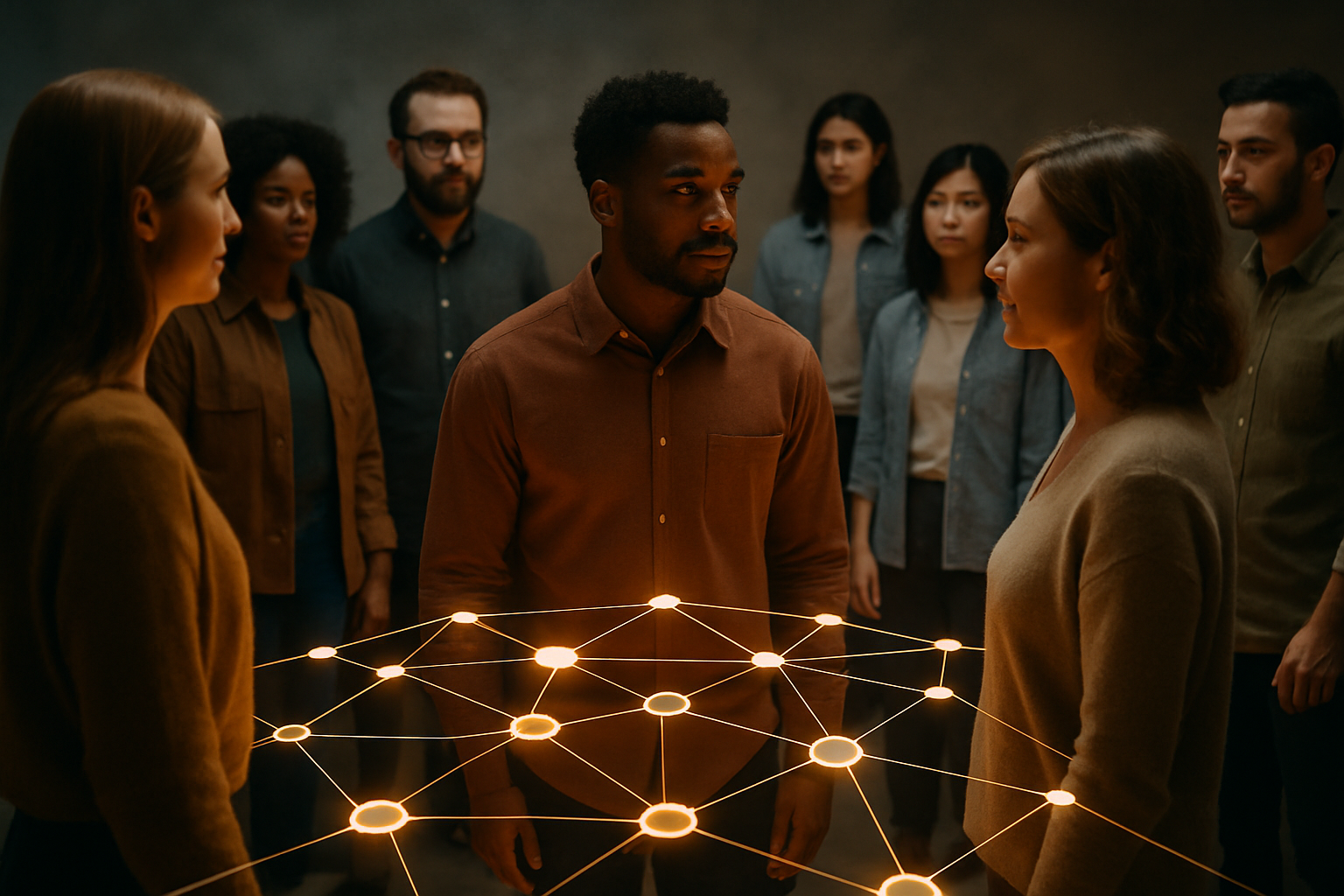Understanding the Neo-Tribalism Phenomenon: An Examination of Contemporary Social Dynamics
Are we regressing to the tribal society of our ancestors? Or is this an innovative way of understanding our changing world? The concept of neo-tribalism has been gaining traction in recent years as a way of interpreting social, economic, and political changes in today's society. Read below to delve deep into this fascinating trend, exploring its roots, its current manifestations, and its implications for the future of social dynamics.

Laying the Groundwork: A Brief History of Neo-Tribalism
The term ‘neo-tribalism’ was first coined in the 1990s by sociologist Michel Maffesoli, who argued that as society became more complex and fragmented, people were increasingly forming tribes based on shared interests, values, and lifestyles. These ‘neo-tribes’, as he called them, are fluid and dynamic, constantly changing and adapting to the shifting social landscape. Unlike traditional tribes, neo-tribes are not defined by geography, ethnicity, or kinship, but by shared cultural affinities and social bonds.
Neo-Tribalism in Today’s Society: A Snapshot of Current Trends
Today, neo-tribalism is not just an academic concept, but a tangible aspect of our daily lives. The rise of social media and digital platforms has made it easier than ever to form and maintain neo-tribal bonds, regardless of physical distance. From online gaming communities to fitness enthusiasts, neo-tribes can be found in almost every corner of society.
The Significance of Neo-Tribalism: Shaping Modern Society
So, what does this mean for our society? On one hand, neo-tribalism can foster a sense of belonging and identity in an increasingly fragmented world. It allows people to connect with others who share their interests and values, providing a sense of community and mutual support. On the other hand, neo-tribalism has been critiqued for encouraging narrow-mindedness and tribalism, potentially exacerbating social divisions and conflicts.
Unpacking the Research: Expert Insights on Neo-Tribalism
A wealth of research supports the significance of neo-tribalism in shaping modern society. Studies have shown how neo-tribes can foster a sense of identity, community, and belonging, especially among marginalized groups. For instance, LGBTQ+ communities often form neo-tribes to provide mutual support and advocacy.
Striking a Balance: The Future of Neo-Tribalism
Looking forward, it’s clear that neo-tribalism is here to stay. However, it’s crucial to strike a balance between the sense of community that neo-tribes can provide and the need for a broader social unity. By acknowledging and understanding the dynamics of neo-tribalism, we can harness its positive aspects while mitigating its potential drawbacks.
In conclusion, neo-tribalism provides a fresh lens through which to view our complex, rapidly changing society. As we navigate the challenges and opportunities of the 21st century, understanding the role of neo-tribes can help us build more inclusive, resilient, and vibrant social structures.






